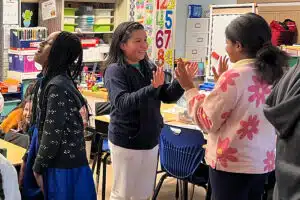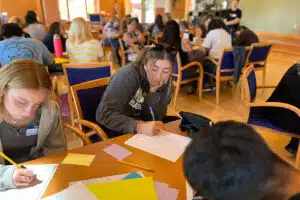
It’s Mental Health Awareness Month!
In today’s fast-paced educational environment, mental health is no longer just a personal issue, it’s a professional priority.
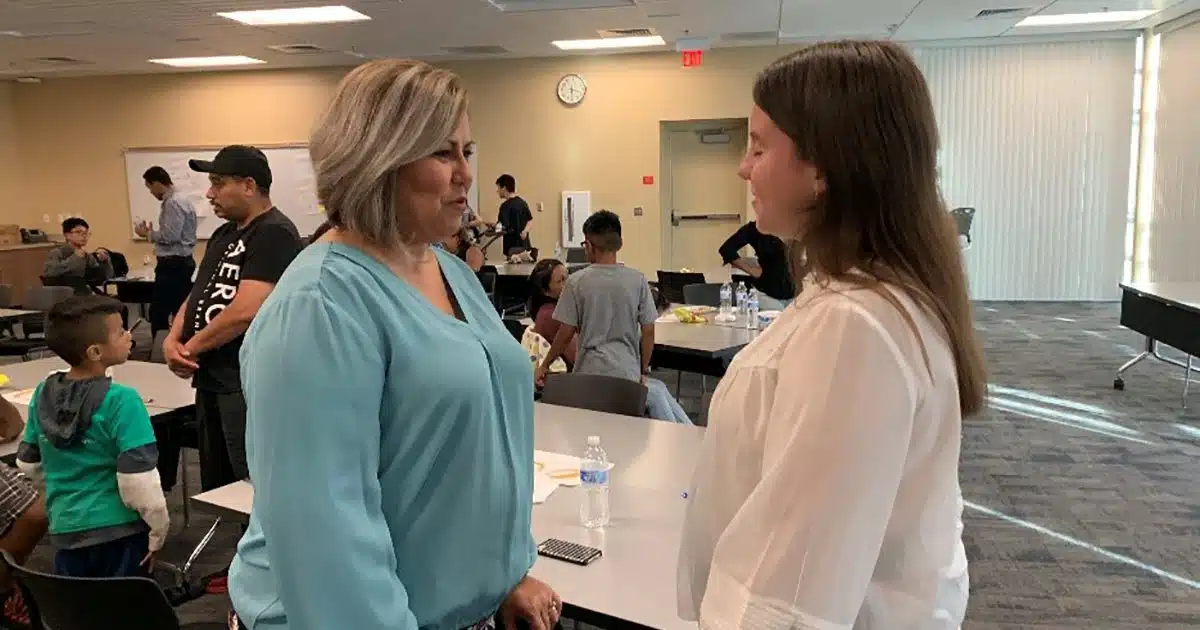
You are raising your kids, you receive a letter/email from the school that your child is about to embark on a personal exploration journey based on self-awareness, decision making, building positive relationships and empathy. And it’s called social and emotional learning. And you think ‘Is that what education is now-a- days?’ Guess what? It sure is, and if it isn’t, it should be!
Okay, okay, some parents/families might think ‘this is just what we need!’ Afterall, it’s been a crappy year. Your kids are feeling lonely, disorganized, confused by the new teaching strategies over Zoom or Google Meets and they feel unsettled. Further, they are heading back into the classroom and are still not able to truly connect with their peers due to COVID restrictions. Teachers are doing hybrid teaching, yuck, it’s hard for everyone! Moreover, based on this past years teaching and learning rollout, our children have become digital whiz kids, whether we wanted them to be or not, they are on their devices ALL THE TIME. Kids also the lack the normalcy of being able to socialize face to face on school campus, again based on COVID restrictions. Now being in-person again for developing young minds is just awkward. And, nothing feels normal- at all!
The question becomes whose ‘job’ is it to support our children’s emotional, mental, and social health? You probably have figured out that is has become all of our jobs. We just cannot ask teachers to do it alone and we can’t ask parents to know how their kids are relating to others in school whether they are kind, mean, acting out or if they are withdrawn etc., kids are often different at home. This means we must work together, stay open-minded and communicate with each other for the sake of the child.
While schools are now beginning to jump on board and intentionally implementing social and emotional curriculum’s, which in fact is a research-based approach to helping student learn more effectively, we also must educate the parent and share these strategies. Below are a few ways to get in touch with social and emotional strategies with your kids as well as how to work in partnership with teachers– who also care about this part of your child’s emotional development.
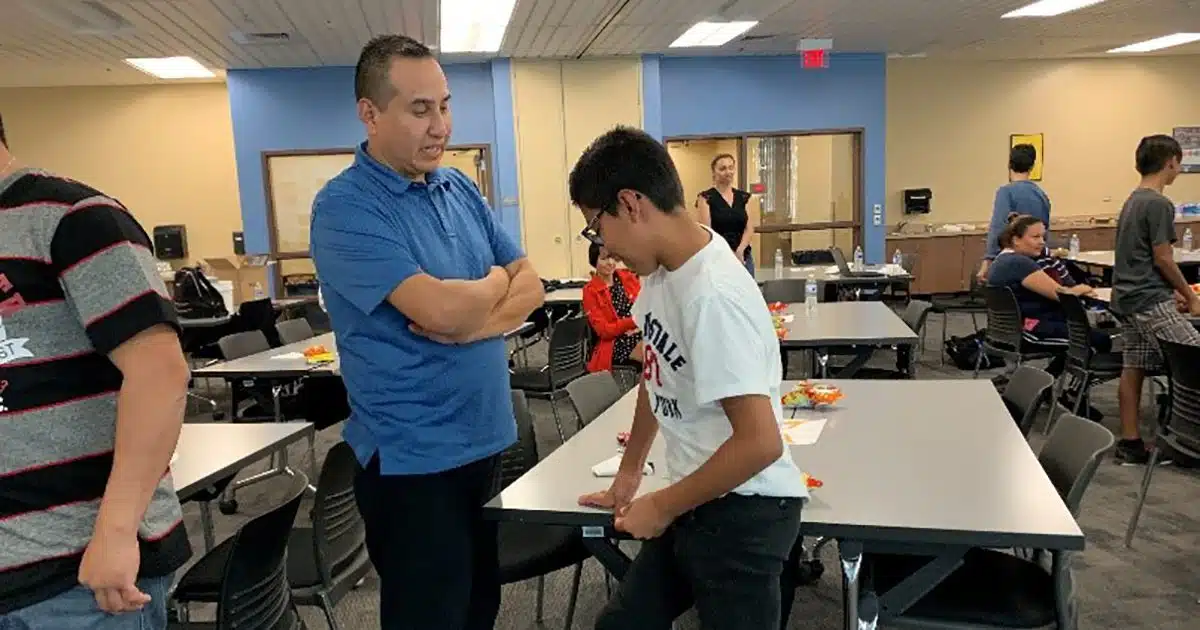
Tips for Parents from our team at kid-grit:
As we approach summer and fall, we will need to carefully watch how our kids are interacting, communicating, learning and we need to identify ways to reacquaint themselves to the new world of ‘post-COVID’. The social and emotional learning skills for all of us are more important now than ever before. Even if it’s not your kid, maybe you can support someone else’s. We have seen layers of trauma upon trauma in the last 15 months. This is a wonderful opportunity to build relationships with school staff and other families. Ask yourself, how are we better built and prepared to improve life and support each other while we are adjusting?

In today’s fast-paced educational environment, mental health is no longer just a personal issue, it’s a professional priority.
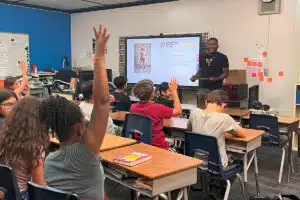
At kid-grit, we are huge fans of CASEL (Collaborative for Academic, Social, and Emotional Learning).
